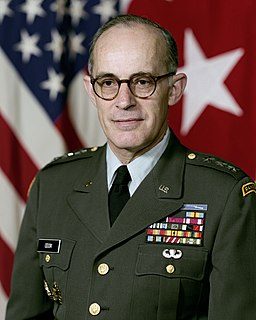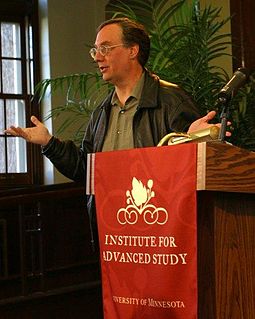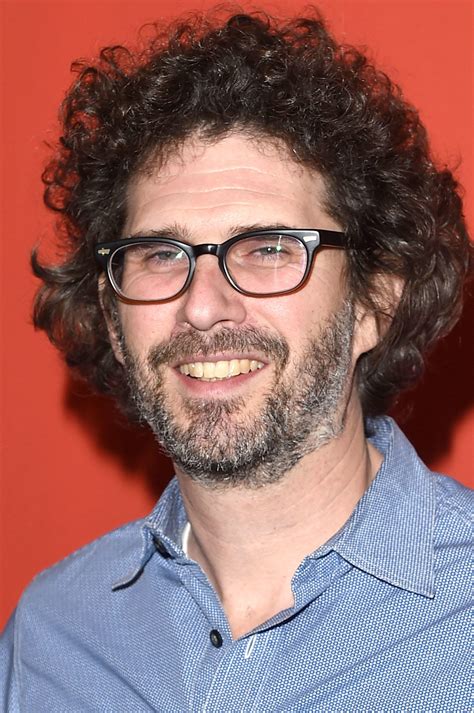A Quote by Hassan Blasim
When my stories were translated into other languages and received good reviews in the international press and won prizes, some Arab festivals and newspapers began to take an interest in what I had produced. This sudden Arab interest is a form of hypocrisy and nonsense.
Related Quotes
My stories were translated and had many reviews before I had an interview with any international or Arab newspaper. If the stories hadn't succeeded, you wouldn't have asked me my position on Arab festivals and I wouldn't have been interested in the festivals anyway, because I would be in seclusion, writing.
The Arab world is full of corruption, in the time of the dictatorships and in the time of anarchy. This corruption is not only in politics and the economy, but also in the field of creative activity. There's an elite that controls the festivals, the newspapers, and the reviews. They are just a corrupt clique with no interest in creativity.
I'm from a Lebanese-American family. And I've been had lot of contacts and - with Arab-American community, especially Arab-American filmmakers and actors and so forth. It's a community that, a minority that really hasn't been heard from enough. And so many of the stories that are told about Arab-Americans these days are just negative portrayals in the news, but also in television and film. So we're - we set out to try and offset some of those stereotypes.
Traditionally Marxism attracts the oppressed. This, however, is not the case in the Arab nation... The socialist programs in Arab history did not always come from the poor, but from men who had known no oppression and became the leaders of the poor. The Arab nation has never been as class-conscious as other nations.
Democracy in Iraq will be an example that the Arab population will look to with great interest. And some Arab governments are concerned about democracy in Iraq, not because Iraq will be an aggressive state against them, but rather by the example that will be set by a successful federal democratic state in Iraq.
Whether Osama bin Laden is doing it cynically and has no interest in these matters, or whether he's doing it out of genuine conviction, his voice has a tremendous resonance throughout the Arab world. One editorial in a Lebanese paper said it is a matter of great humiliation for the Arabs that the only man who can outline, truthfully, what our humiliations are is an Arab who has to say it from a cave in a foreign country.

































